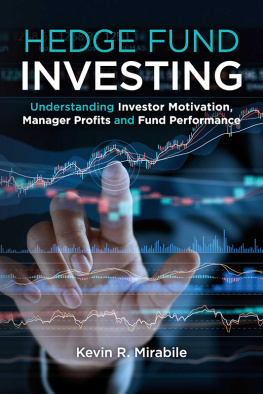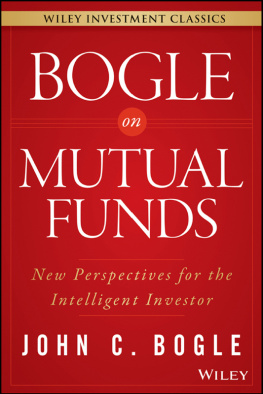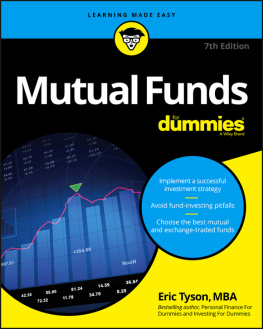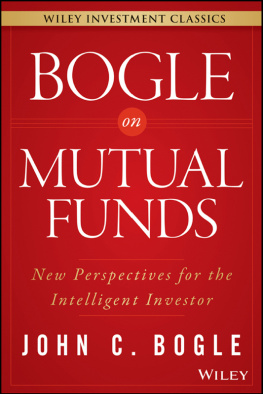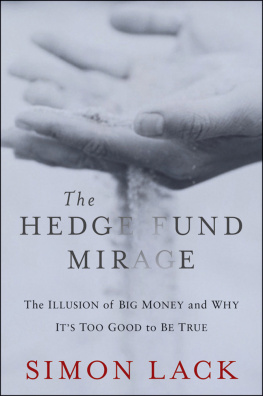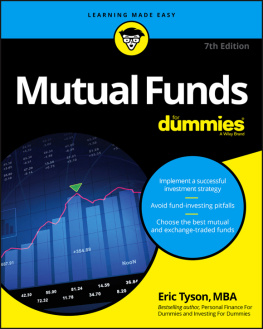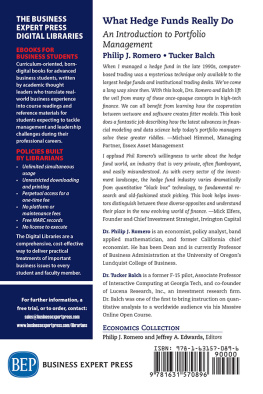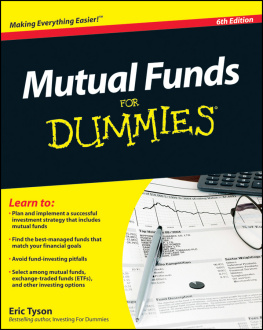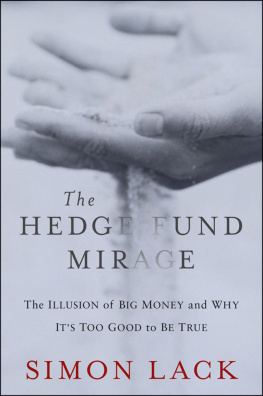Whilst every effort has been made to ensure the accuracy of this publication the publisher, editor, author and authors employer cannot accept responsibility for any errors, omissions, mis-statements or mistakes. Fundology is intended for your general information and use. In particular, it does not constitute any form of specific advice or recommendation by the publisher, editor, author or authors employers and is not intended to be relied upon by users in making (or refraining from making) investment decisions. Appropriate independent advice should be obtained before making any such decision.
Preface
In 25 years of observing and writing about the UK financial markets, I have often been struck by the almost total absence of good books about the art of investing in funds. There are some consumer guides of variable quality, and a good number of overly simplistic online guides but until now, nothing of any substance written by a professional fund investor. The contrast with the number of books about stockpicking and trading, of which there are thousands, could not be more marked.
This contrast in treatment is odd. All the evidence I have seen demonstrates that the great majority of those who try their hand at trading and picking their own stocks fail to do as well as they could by investing in a well-picked portfolio of funds. Owning funds is a much safer and more convenient way of investing your money than investing directly in stocks and shares (let alone trading with geared instruments such as spread betting and contracts for difference). Most professional investors use funds to manage their own money.
So it seems strange there is not more help available for those who want to understand how to pick funds well. There is certainly no lack of demand for the end product. With over 300bn invested in the UK funds industry, many investors do understand that funds are indeed a sensible choice. However, the general tone of much comment is negative; the coverage of some aspects of the funds business in the media is adverse, the academic evidence about the performance of the average fund (not that good) is similarly downbeat, and some investors lack trust in the quality of the service they think they might receive from the industry.
It would be unwise to underestimate the scale of this problem. Many of the funds you can buy in the UK are too expensive for the performance that they actually deliver. As the regulators are right to point out, too many funds also are sold on the wrong basis; usually past performance that subsequently fails to repeat. All this helps to explain why investors may be justified in feeling cautious.
But to my mind, it also reinforces the case for investors finding out how to distinguish the good, the bad and the ugly in the funds business. There are some dodgy estate agents and car dealers in the UK, but that does not mean you cannot buy a good house or a good car, if you know how to go about it. So it is with funds. What we all need is a trustworthy, professional guide to help us find the cream of the crop, because the best funds are well worth having.
In the UK, few professionals are better qualified to provide sensible guidance on this matter than John Chatfeild-Roberts, who runs the fund of funds team at Jupiter Asset Management, having previously carried out a similar function at Lazard Asset Management and Henderson Administration. When he agreed to write this book about what he has learnt as a fund investor, I was delighted. Anybody who knows John knows that he is a man of the highest personal and professional integrity always the first and most important criterion when dealing with a professional of any kind.
After fourteen years running funds of funds, he also knows the unit trust and OEIC business in this country inside out. In this book John describes his thinking and the way that he and his team (Peter Lawery and Algy Smith-Maxwell) go about choosing funds for their six portfolios. You will, I hope, quickly see for yourself the exceptional qualities that have earned him and his team a string of industry awards in recent years. John's success is fundamentally rooted in the timeless qualities of experience, judgement and common sense the essential ingredients of any successful investment strategy.
Jonathan Davis
Investment columnist, The Independent
Founder and editor, Independent Investor
Chairman, Half Moon Publishing Ltd
www.independent-investor.com
Oxford, December 2005
1. Introduction
The intuitive mind is a sacred gift and the rational mind is a faithful servant. We have created a society that honours the servant and has forgotten the gift.
Albert Einstein
Investment is intrinsically a simple business buy low, sell high. However there are only a few people who take enough time and trouble to be good at it. Most people are simply not that interested in the financial markets. The first and greatest attraction of investing in funds has always been that it takes away the strain and hassle of having to master the business of investment yourself.
But there are also several other good reasons, in my opinion, why you should take a keen interest in funds how they work, what they can do for you, and how best to take advantage of what they have to offer. The purpose of this book is to pass on some of the knowledge and experience that I have gained in the past fourteen years as a professional investor whose job is to pick 10-15 of the best funds each year from the 4,000 or so that are on sale in the UK.


